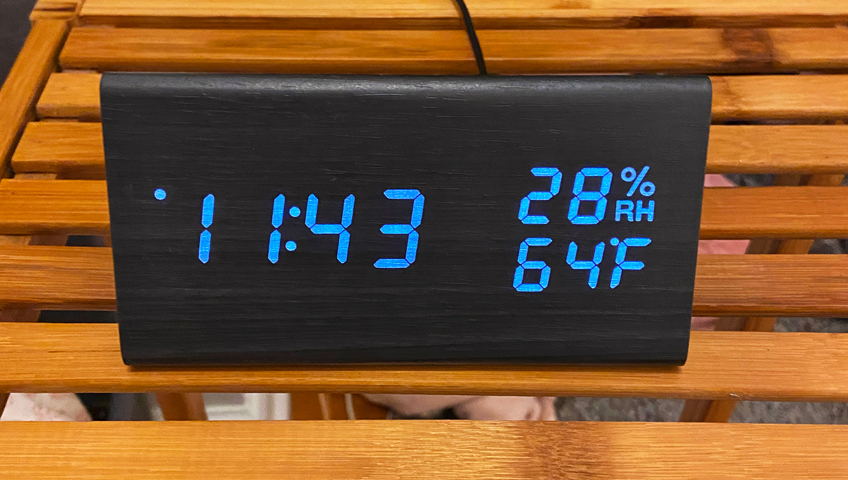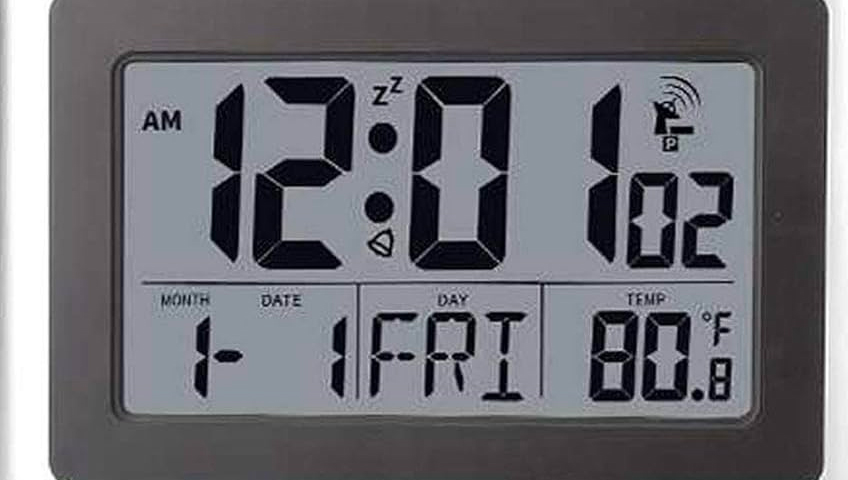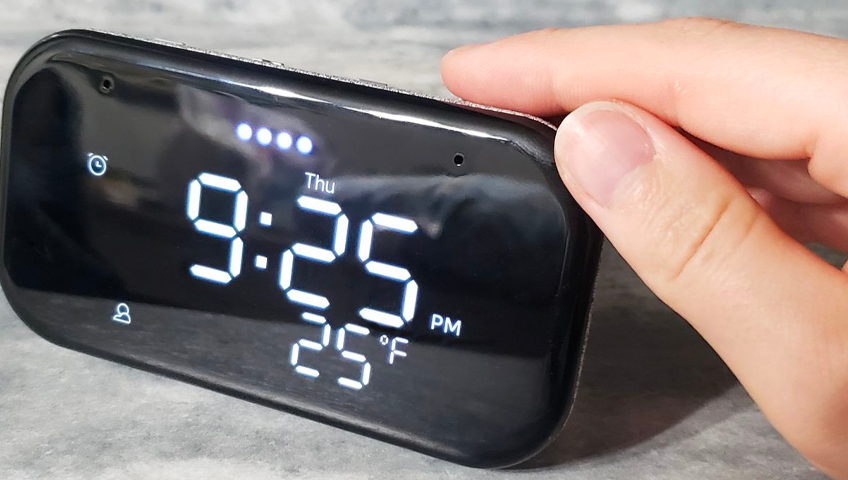Improving the synchronization of digital clocks is crucial for maintaining accurate timekeeping across various devices in a synchronized system. Here are several tips to enhance the synchronization of digital clocks:
Network Time Protocol (NTP): Implement NTP, a protocol designed to synchronize clocks on a network. NTP allows devices to communicate with time servers, ensuring accurate and consistent timekeeping.
Use Reliable Time Sources: Connect digital clocks to reliable time servers. These servers should be synchronized with authoritative time sources, such as atomic clocks.
Frequent Time Server Updates: Ensure that time servers are regularly updated with accurate time information. This may involve configuring automatic updates and checks
Redundancy: Implement redundant time servers to ensure continuous synchronization, even if one server fails. Redundancy enhances the reliability of the synchronization system
Network Stability: Maintain a stable and reliable network connection. Fluctuations in network conditions can impact the accuracy of clock synchronization
Accurate Time Zone Settings: Ensure that each digital clock is configured with the correct time zone settings. Incorrect time zone configurations can lead to synchronization issues.
Firmware and Software Updates: Regularly update the firmware and software of digital clocks. Manufacturers may release updates that improve synchronization algorithms and address any known issues.
Automatic Adjustments: Enable automatic adjustment mechanisms on digital clocks. These mechanisms can compensate for drift and minor inaccuracies, ensuring ongoing synchronization.
Synchronization Monitoring: Implement tools to monitor and analyze synchronization data. This helps identify any irregularities or discrepancies in clock time
- GPS Time Synchronization: If applicable, consider using GPS signals for time synchronization. GPS receivers provide accurate time information from satellites.
- Radio Time Signals: In regions where available, use radio time signals for synchronization. Many countries have dedicated stations that broadcast time signals.
Manufacturer Recommendations: Follow the synchronization guidelines provided by the digital clock manufacturer. Manufacturers often provide specific instructions for optimal synchronization
Stable Power Supply: Digital clocks should have a stable power supply. Power fluctuations or interruptions can impact the synchronization process.
Scheduled Maintenance: Conduct regular maintenance on digital clocks. This may involve cleaning, checking for hardware issues, and ensuring that synchronization settings are still accurate
Professional Support: If synchronization issues persist or if a large-scale system is involved, consider consulting with professionals specializing in clock synchronization or network timekeeping.
Implementing these strategies will contribute to the improved synchronization of digital clocks, ensuring that they maintain accurate and consistent time across the network. It’s essential to regularly monitor and optimize the synchronization system to address any emerging issues promptly.
Expertise is like sand on the seashore. It has a approach of getting in every single place.
There was a time when a telephone was only a telephone and a TV was only a TV, however technological advances have methods of seeping into the on a regular basis objects round us. We’ve got smartphones, good TVs, even good toasters. This additionally extends to clocks.
Advances in timekeeping have made it simpler for folks to handle and inform time, however some digital clocks are actually portals to the skin world.
Listed here are some capabilities past the fundamentals of timekeeping that may be built-in right into a synchronized digital clock system:
Countdown or Rely Up
The appearance of digital clocks introduced better flexibility to timekeeping. Now, the clock on the wall would not at all times must show simply the time. In a college hallway, for instance, your digital clock can present a countdown between lessons. In a hospital’s working room, your digital clock can rely as much as observe elapsed time.
Widespread Communication
Essentially the most superior clocks are actually communication instruments. They will maintain a constructing or campus notified of normal happenings, monitor the climate, and ship out audible alerts.
They will embody digital signage, emergency communications, and synchronized timekeeping. For constructing operators who use totally different distributors for every of those capabilities, evolving clock know-how permits them to streamline on a regular basis operations whereas enhancing preparation for vital situations.





